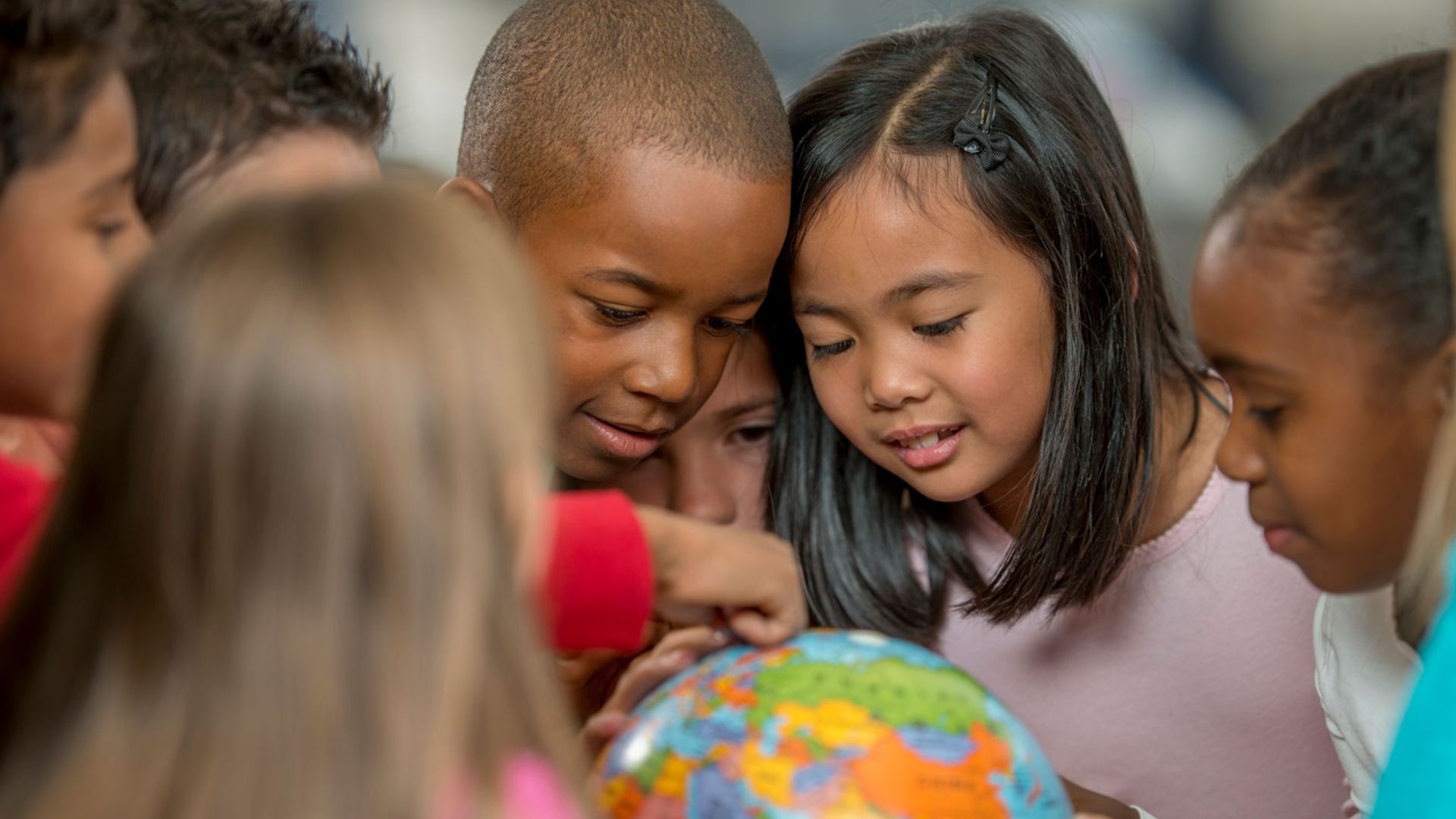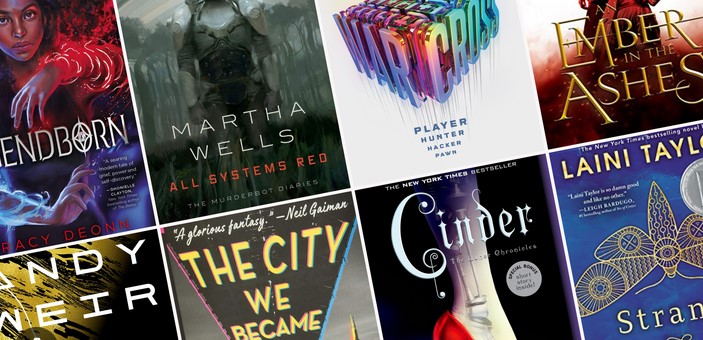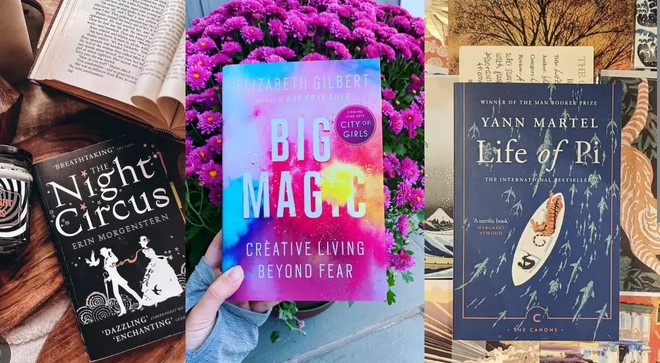Literature serves as a mirror to society, reflecting the complexities of the human experience. However, for too long, the stories told within the pages of books have been shaped by a narrow range of voices. In recent years, the call for diverse voices in literature has grown louder, highlighting the importance of representation across various identities, cultures, and experiences. This shift is not merely a trend but a transformative movement that is reshaping the literary landscape.

The Need for Diverse Voices in Literature
For centuries, literature has predominantly featured voices from specific cultural, racial, and socio-economic backgrounds. The works of white, male, and Western authors have often been the standard, while stories from marginalized communities were either ignored or misrepresented. However, as society evolves, so too must our understanding of the world through literature. By embracing diverse voices, we can paint a fuller picture of humanity—one that is more inclusive, complex, and representative of the variety of experiences that make up our global society.
Broadening Perspectives
One of the most powerful outcomes of incorporating diverse voices is the expansion of perspectives. When readers encounter characters and authors from different backgrounds, they gain insight into ways of thinking, living, and experiencing the world that might otherwise remain unknown to them. These narratives challenge preconceived notions, broaden horizons, and invite readers to step into the shoes of someone whose life may be very different from their own. Consequently, literature becomes a tool for deepening empathy and understanding, as readers are prompted to consider viewpoints beyond their immediate experiences.
Challenging Stereotypes and Norms
In many instances, literature has reinforced harmful stereotypes or perpetuated rigid cultural norms. For example, women, people of color, and LGBTQ+ individuals have often been relegated to secondary roles or misrepresented in stories. However, when authors from underrepresented groups are given the opportunity to tell their own stories, these stereotypes are dismantled. They create space for more nuanced, authentic representations of identity, culture, and experience, thus fostering an environment where all voices can be heard and respected. This challenges not only what readers know about these communities but also the broader societal assumptions that shape our understanding of them.
The Impact of Diverse Voices on Readers
When literature is inclusive, readers are more likely to see themselves reflected in the stories they read. This sense of representation is crucial for fostering self-esteem and a sense of belonging, especially for individuals who have historically been overlooked or misrepresented in mainstream media. Moreover, diverse voices provide opportunities for all readers—regardless of background—to engage with a wide array of experiences. This engagement can challenge biases, promote tolerance, and encourage solidarity among different groups.
Conclusion
The inclusion of diverse voices in literature is not merely an ideal—it is a necessity. Through the power of storytelling, we can break down barriers, promote empathy, and build a more inclusive and equitable world. By embracing a wide range of perspectives, literature becomes a more powerful tool for change, offering readers the opportunity to understand, respect, and appreciate the richness of the human experience. As we look to the future, it is clear that diverse voices will continue to shape and redefine the literary landscape, leading us toward a more inclusive and compassionate world.










